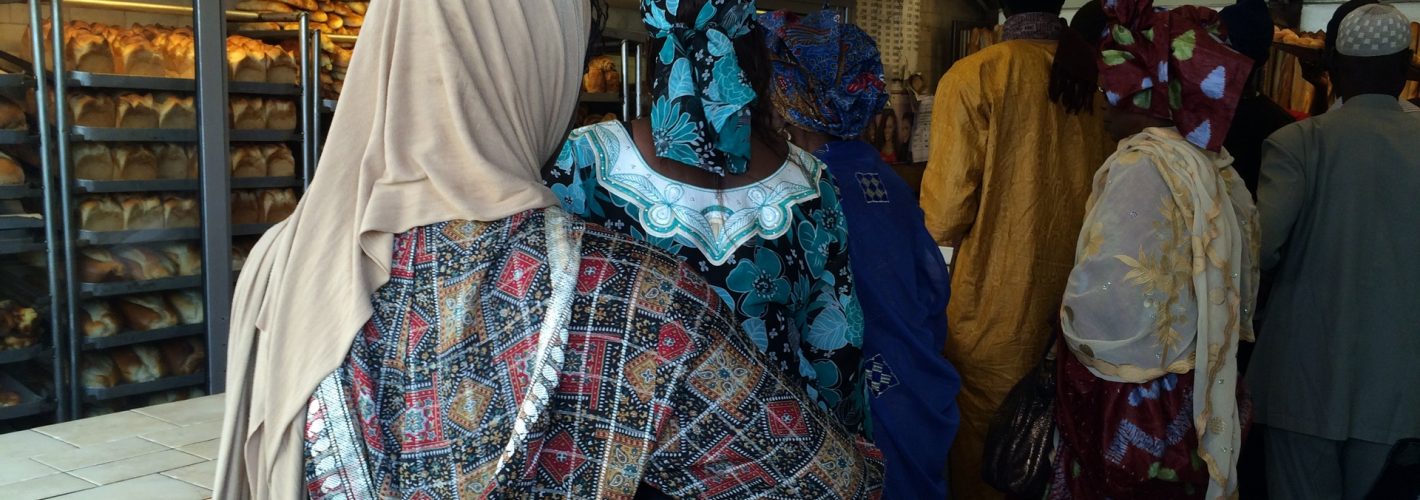The Central Bank of Nigeria (CBN) currently restricts the importation of over 40 items into the country. This means that it does not provide importers with the needed foreign exchange (forex) for the importation of these items. Some of the reasons why the government continues to restrict the importation of these items are to encourage local production, stabilize the foreign exchange market, and conserve foreign reserves.
However, these goods are increasingly expensive for consumers as they are insufficiently produced locally, and the importers have to source foreign currency from the more expensive parallel market.
While the CBN only restricts access to foreign exchange, the Nigerian Customs Service (NCS) maintains a list of prohibited items. These are items that are totally banned from being imported into the country. Beyond the CBN foreign currency restriction and NCS import prohibition, Nigeria also impedes import trade through several tariff and non-tariff barriers, which together hurt consumers in several ways.
A Lingering Situation
Import restriction is not a new thing in Nigeria. For decades, successive administrations have embraced protectionist trade policies to reduce the country’s import dependency. However, these import substitution policies have never achieved the policy objective of industrializing the country.
Several economic policies have sought to promote the consumption of locally-made goods even when there are quality issues and supply consistently lags behind demand. The inadequate supply of many locally-made products creates scarcity that in turn makes these goods more expensive than they should be for consumers.
Nigeria’s continued use of import restrictions is inconsistent with its international commitments, and it portends danger to the country’s relations with its trading partners. For example, the ECOWAS Trade Liberalization Scheme (ETLS) stipulates unhindered market access to the 15 member states of the west African economic bloc. In contravention of this, Nigeria closed its land borders with the Benin Republic in August 2019.
The immediate aftermath of the Nigeria-Benin border closure was a rise in the country’s inflation rate. Life became more difficult for cross-border traders, people living in border communities, and Nigerian consumers. According to the National Bureau of Statistics (NBS), the consumer inflation rate rose to 11.24% in September 2019, after falling to a 3-and-half-year low in the month before.
Things Getting More Expensive
Nigeria’s restrictive and protectionist trade policies have profound negative impacts on consumers. Recently, the World Bank stated that the CBN’s import restrictions and foreign exchange policies are the main drivers of food inflation in Nigeria. Many of the commodities that are restricted from coming into Nigeria are not sufficiently produced locally, so one would wonder why the government continues to favor these policies that hurt the people.
A depreciating Naira combined with unnecessary government restrictions also makes it difficult for manufacturers and producers to import critical machinery and inputs. This means Nigerians have to pay more than necessary for basic goods and services coming from these manufacturers.
In the pharmaceutical industry, for example, one of the major challenges is access to foreign exchange to import essential inputs. In an interview, Mathew Azoji, CEO of Neimeth International Pharmaceuticals Plc, stated that “over 90 percent of inputs of pharmaceutical manufacturers in Nigeria are imported. And today, we have a major challenge, which is access to foreign exchange. It is a big challenge to most manufacturers.”
Consumer goods producer, Cadbury Nigeria is also facing huge challenges in sourcing forex for the importation of key raw and packaging materials as well as machinery and spare parts. This led to an upward adjustment in the prices of their products. This is a situation faced by many manufacturers in the Nigerian economy.
A Different Strategy is Imperative
After the CBN suspended sales of forex to Bureaux De Change (BDC) operators in July 2021 (on the claim that it had become a channel for illicit money flows), the value of the Naira at the parallel market dropped significantly. This resulted in a corresponding price increase of the commodities restricted from accessing forex from the CBN.
While it is not completely out of place for the government to be concerned about its balance of trade, the problem cannot be solved by simply banning or restricting imports. Instead, Nigeria should pay attention to industrialization as a strategy to boost the local production and exports of goods of comparative advantage.
According to data from the Nigeria Bureau of Statistics (NBS), the country’s top agro-export crops include sesame seed, cashew nuts, cocoa beans, ginger, frozen shrimps, and cotton. The government should support and encourage massive production and export of these commodities and many more through policies and programs that attract and incentivize mechanized farming and export.
Nigeria would have an economic advantage over its trade partners if it can focus on some specific goods and produce them more and more efficiently. By doing this, the country will increase its foreign exchange earnings.


Leave a Comment